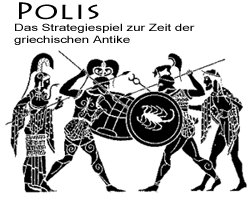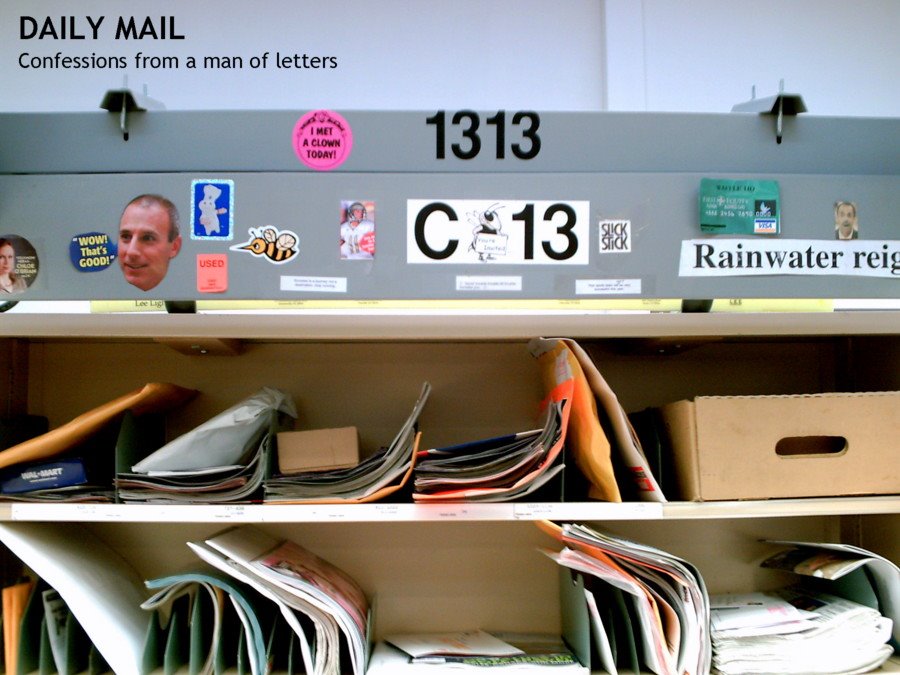The Polis of God

In some of the following I am summarizing Dr. Leithart from his book Against Christianity. The most common word used in the NT for the church is ekklesia. Literally this means "the called-out ones," but such etymologies do not always accurately define a term. (Good English examples are "driveway" and "parkway." Based upon etymology, it seems we should drive on driveways and park on parkways; but as we know, the words mean exactly the opposite of their apparent etymologies.) So, ekklesia means "the called-together ones," or "assembly," rather than "called out." In Greek culture ekklesia referred to the public gathering of the citizens of the polis (city). Likewise, in the Septuagint (the Greek translation of the OT) ekklesia is used of the public assembly of Israel. So, the church, the ekklesia, is presented not as something private and individual, but as something public and corporate. As such, the church was not a small group or sect within the polis, but an alternative ruling body for the polis, God's ruling body for the polis.
This aspect of the Church was not lost on the Church's opponents. Celsus was a Greek writer in the second century who criticized the Church for "behaving like a nation" with traditions and history in competition with the empire and polis. This was a very biblical assessment, as my previous post on The Politics of "Good News" argued. Regrettably, this ecclesiology was not always maintained as Tertullian saw the Church more as a kind of philosophy club, the Alexandrian theology thought of faith as a perfected philosophy, and many monks left the polis for the desert. These were moves toward the "privatized, spiritualized, intellectualized, de-politicized" form of "Christianity" that we see today. To say more on this I will have to talk about "gnosticism," but I'll save that for another day!












No comments:
Post a Comment